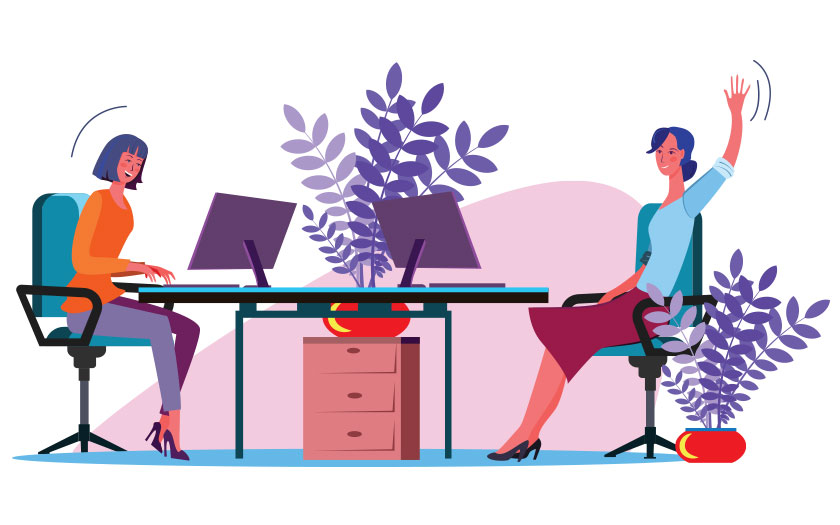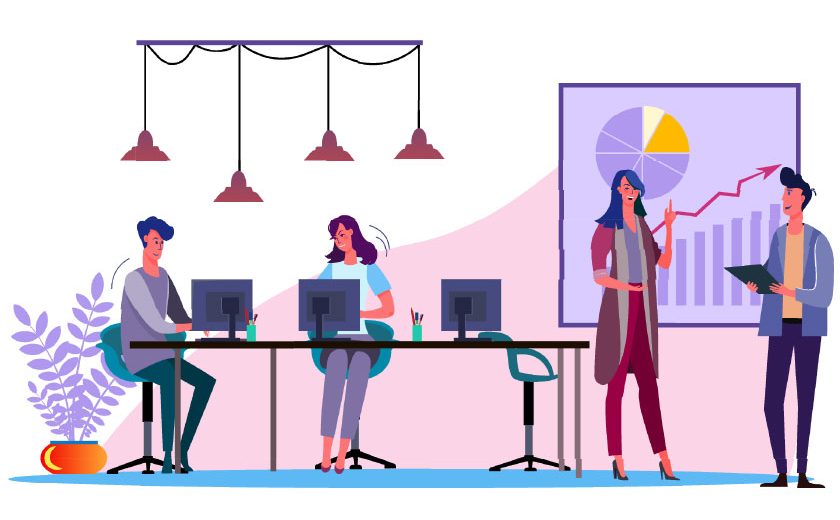The rising pressures of the workplace coupled with an increasingly sedentary lifestyle encouraged by the proliferation of technology has seen more and more Malaysian employees becoming obese.
An AIA study has found that 50.2% of employees reported at least one dimension of work-related stress, with 16.6% of all employees struggling with obesity. The study also found that negative mental health can affect physical wellbeing, and Malaysian employees can spiral into destructive and detrimental habits when their mental health needs are impacted.
As the saying goes, prevention is better than cure. Given the close link between mental health, physical health, and good eating habits, those able to understand and manage their needs are better equipped to build a healthy lifestyle. Believing in helping Malaysians foster good behavioural changes to lead a healthier lifestyle, Savor of Life aims to raise awareness and educate the public on the importance of mental, physical, and emotional health. Through free health talks, health screenings, and an easy-to-follow subsidised meal plan, Savor of Life envisions a world where diseases are prevented, not treated.
Natural Health managed to catch up with CEO and Founder of Savor of Life, Mr Shaun Kuan for a chat, and here’s what we uncoverd.
NH: There has been a rise in the number of serious diseases (including obesity and heart attacks) among the not-so-old working-class lately. What do you think is happening here, and why are so many of them suddenly falling seriously ill?
SK: One of the main reasons is the lack of awareness and immediate consequences to poor lifestyle choices. For example, whenever we choose to snooze, sleep later, or eat poorly, we don’t immediately become obese or suffer any immediate side effects. We think we can bounce back or balance it off with a day of exercise, or starving ourselves once in a while.
However, it simply doesn’t work like that; bad habits and lifestyle choices cannot be treated with an ‘out of sight, out of mind’ attitude. Unfortunately, what ends up happening in most cases is that people get shocked into reality when they are stricken with a serious disease seemingly ‘out of nowhere’ – when really the disease has been festering over months, years, or even decades.

NH: What’s the difference between being chilled (relaxed) in nature and being sedentary, and what are their respective effects?
SK: Being chilled and relaxed in nature can be a good thing. Being calm, not easily fazed by circumstances may not inherently be bad for you. However, being sedentary means that you spend most of your time sitting or lying down. This may sound completely innocent, but a sedentary lifestyle has been responsible for more than 6% of all heart diseases(1) and has also recently been reported to contribute to more annual deaths than chronic smoking.
NH: What does it mean to be mentally unwell, and how does it affect office employees today?
SK: Being mentally unwell can manifest in many different ways. In a nutshell, it means that you are finding it hard to cope mentally with the circumstances around you. The phrase itself is misleading; it implies that humans are able to separate themselves into mental, emotional, and physical states, when the reality is that they are all interlinked.
If you are mentally unwell, in most cases, your emotional and physical health will take a toll as well. The flip side may be true as well, where being unwell physically can result in you being emotionally and mentally unwell; not getting a good night’s sleep can affect your performance at work.
To expand on this, and as an example, an individual coming home late from a large buffet dinner will find it difficult to go to bed, and end up sleeping late after spending too much time on their phones. They then skip breakfast after waking up late, and in their rush they may potentially get into arguments with loved ones, maybe drive recklessly due to terrible traffic. They arrive late into work and get berated over their punctuality, and end up working overtime to make up for coming in late. Arriving home late can mean late dinners, and sleeping late again, resulting in a vicious cycle.
Over time, what you’ll see from a story like that is a very worn out person. Not being able to take care of your mental, emotional, and physical needs can be detrimental to life, and may even be linked to depression, divorce, obesity, and heart diseases.
NH: What does it mean to be mentally and physically fit, and what are the steps to take in those directions?
SK: To achieve mental and physical fitness, we really need to sit down and analyse the roots of our behaviour. This is something that many people need assistance with, to really reflect and drill down into why they feel or act the way they do.
For example, a lady struggling with obesity and depression may find herself unable to remain at a healthy weight even when she has successfully achieved it in the past. On further investigation, we might find that the root cause could be that she was sexually abused as a child, and feel uncomfortable when the men around her start noticing her for her figure. In this case, obesity becomes her safety net. Even with a good exercise regime or a diet, the root issue needs to be addressed first before one can achieve good mental and physical health.
With this, one of the first things we do with everyone is have them recall what they have eaten over the past 72 hours. Many people don’t realise what they have eaten and how much, and what triggers them to eat and drink the substances they consume. Being more mindful of something as simple as that could be a start of a very sustainable lifestyle change.

NH: Do people’s daily dietary choices matter in caring for their overall health and wellbeing, and ultimately their happiness?
SK: Definitely. The connection between happiness and health is deeply linked with our dietary choices and ‘grocery habits’. There are many research documents pointing to this, and I personally know people that have been so empowered by a simple change in their diet that they are able to overcome most of their struggles within a short period of time.
NH: How can Savor of Life step up and provide guidance for today’s working class to keep in a better mental and physical health?
SK: First and foremost, our aim is to raise awareness on better mental and physical health in offices, schools, and even hospitals. We run non-profit events like talks, food tastings, and workshops that kickstart the realisation that the smallest lifestyle changes can bring about results that are like night and day.
On food tasting, we also help deliver our very own, proven whole-food, plant-based diet straight to your doorstep, for those that want a healthy but tasty alternative to the usual office lunch.

Finally, we have a personalised one-to-one mobile coaching service that matches you with one of our certified health coaches that will start you on your journey to a sustainable healthy lifestyle.
In the end, our goal is simple, and we share this with all our clients: we are a service that aims to train you to not require our help anymore.
References:
(1) https://www.lifespanfitness.com/canada/workplace/resources/articles/health-risks-of-a-sedentary-lifestyle
For more information, email contact@savoroflife.com or call 011-5623 5214
 Q & A with Mr Shaun Kuan
Q & A with Mr Shaun Kuan
Founder of Savor of Life


